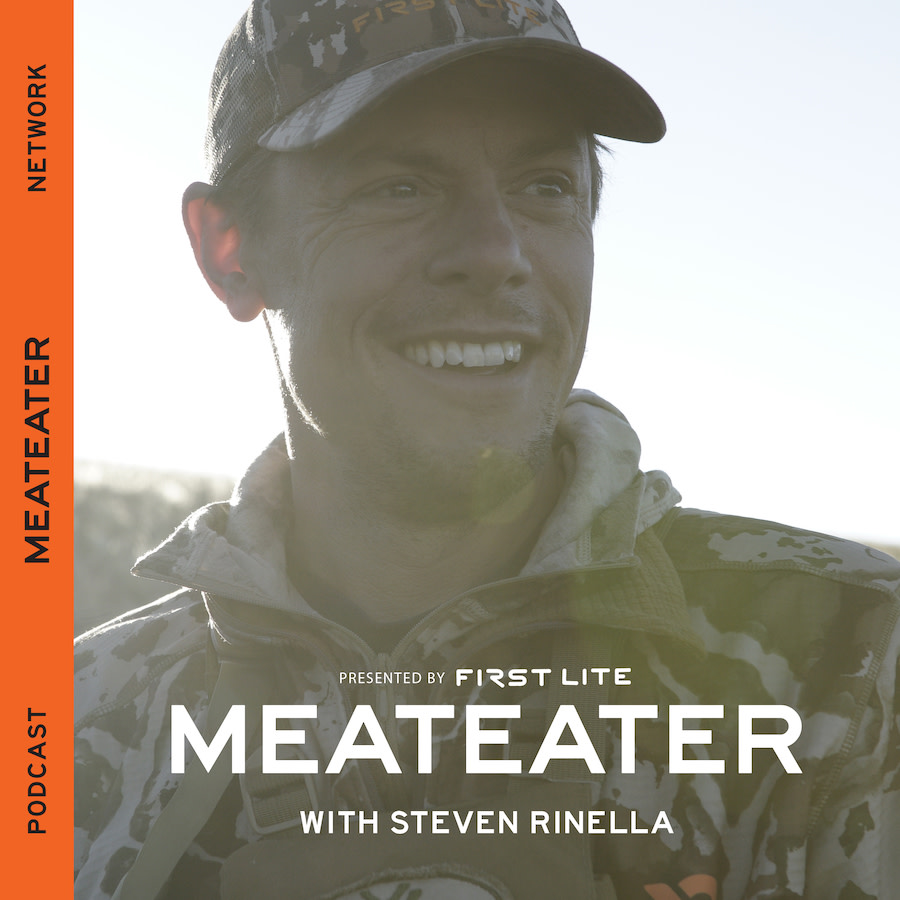The only portions that would be good, IMO, would be the urban dots scattered around. Some of it is less bad though. I'd much rather trade/swap all that checkerboard for large parcels if something like that is doable.
That’s what almost anyone would like, BUT that was NOT what the bill was about.
Sent from my iPhone using Tapatalk


